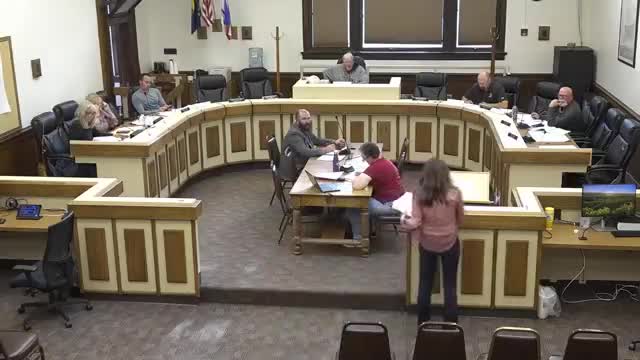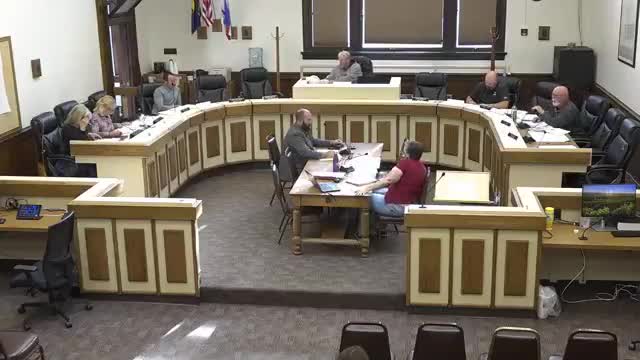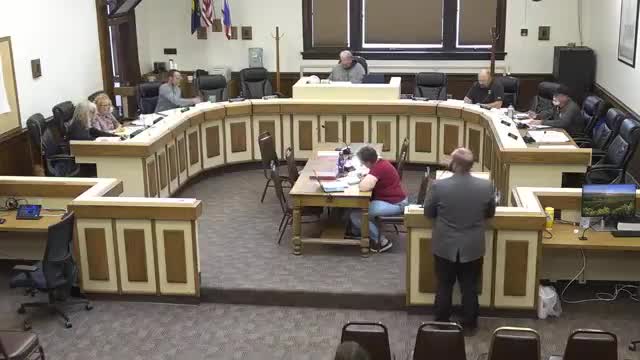Article not found
This article is no longer available. But don't worry—we've gathered other articles that discuss the same topic.

Consultant presents three-month outreach plan; professional services agreement to go before commissioners June 18

Study commission seeks clarity on volunteer fire department authority after attorney general guidance

